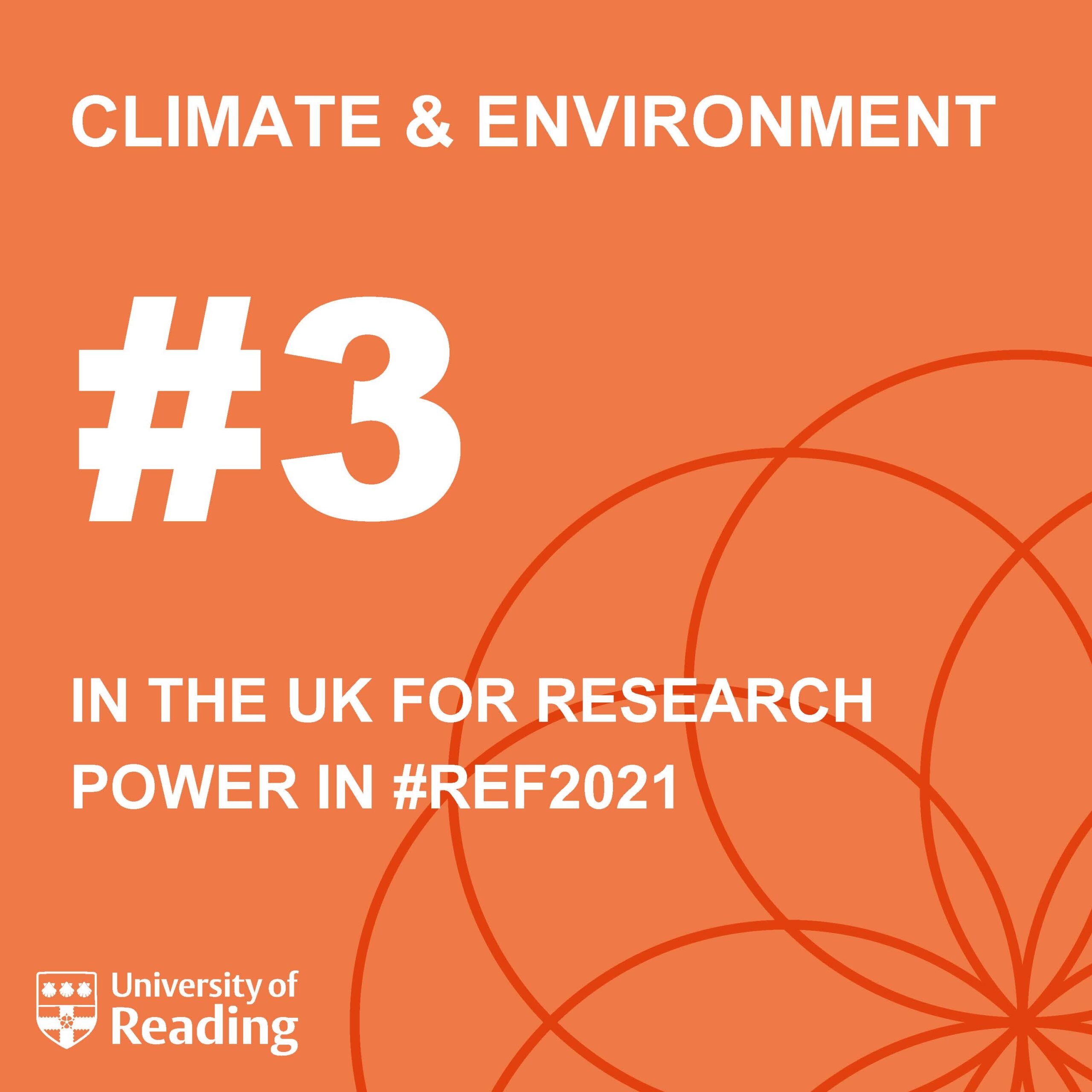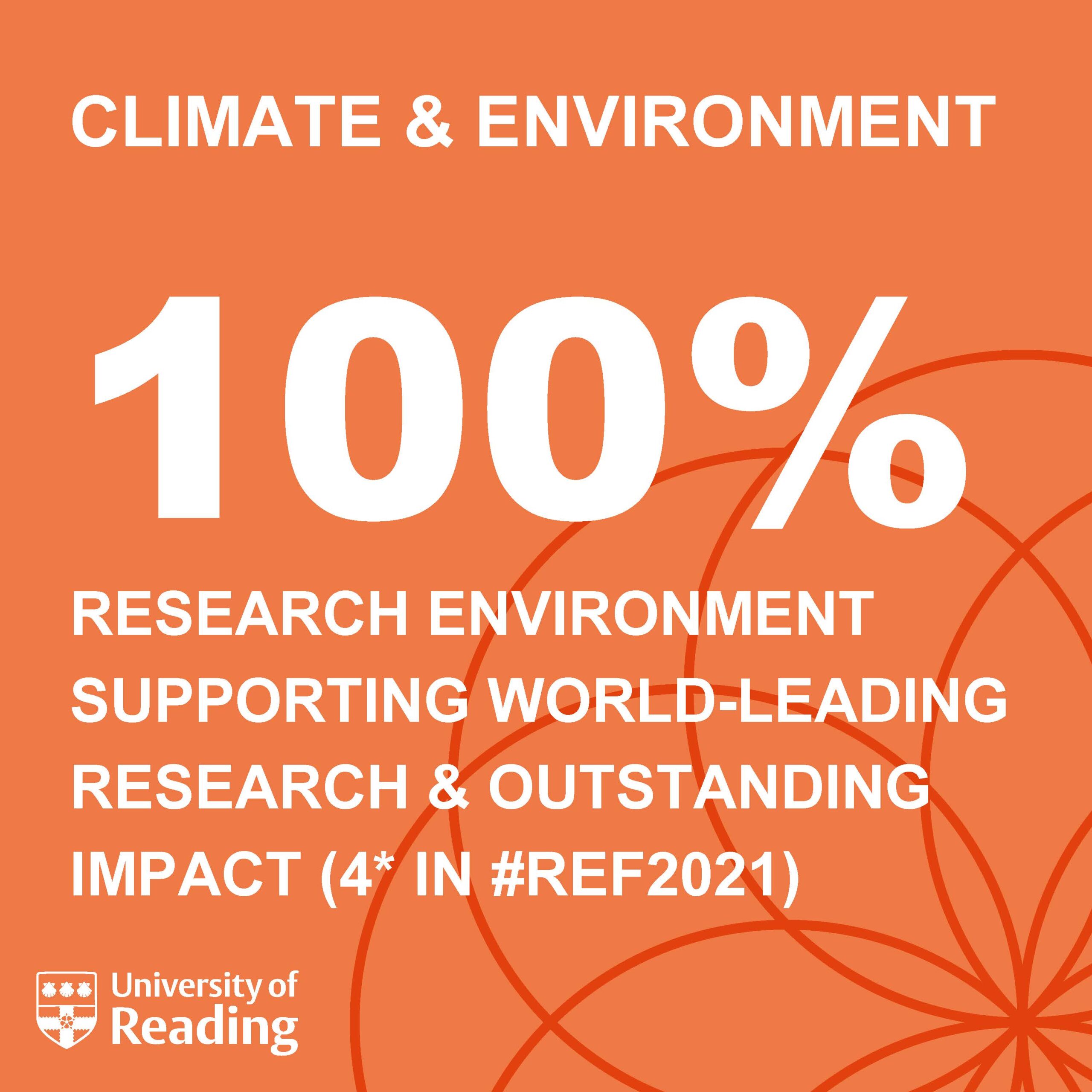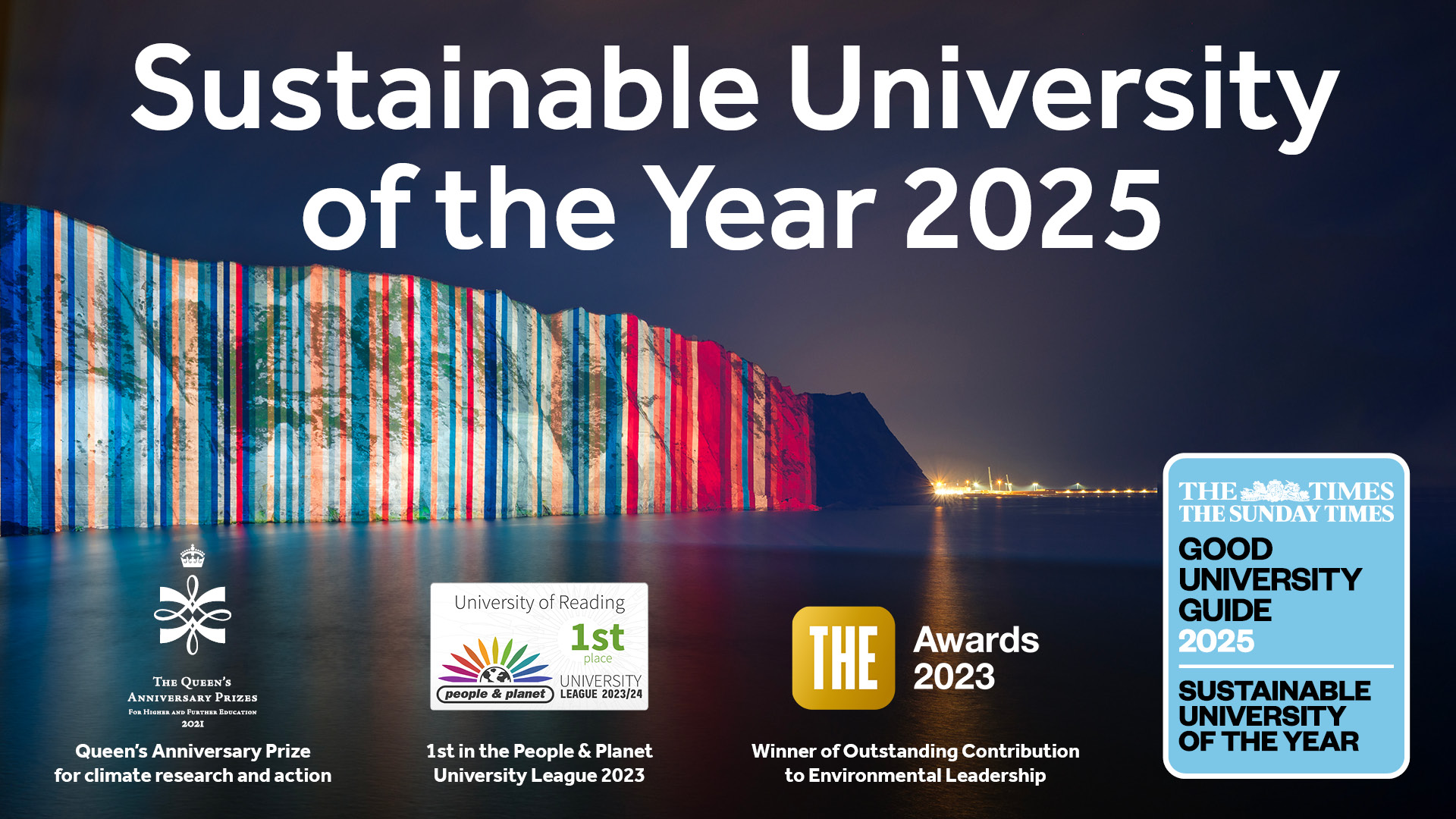Research In Meteorology
The Department of Meteorology at the University of Reading is leading the way in understanding and tackling the world’s environmental challenges.
Our pioneering research informs how governments, organisations, industries and communities respond to complex issues such as climate change, ozone depletion, atmospheric pollution and space weather.
We are a thriving community of over 200 academics and research scientists and more than 150 students. The department currently includes four academic members of staff and three emeritus/visiting professors elected as Fellows of the Royal Society, a great honour bestowed on the most outstanding scientists, engineers and technologists from or living and working in the UK and the Commonwealth. We also host a prestigious Regius Professorship in Meteorology and Climate Science and six lead authors of the most recent Intergovernmental Panel on Climate Change assessment of climate science relied upon by policy makers around the world. The University of Reading host the International Universities Climate Alliance from 2026-2028
WORLD-LEADING RESEARCH
The University of Reading is ranked 10th in the world for Atmospheric Science. (Shanghai Ranking 2025 Global Ranking of Academic Subjects) .
In the most recent Research Excellence Framework (REF 2021) our research environment was classified as world leading. We ranked 3rd in the UK for research power in Earth Systems and Environmental Sciences, while 100% of our research impact has been classed as world leading or internationally excellent [REF 2021].
The Higher Education Funding Council for England (HEFCE) published the results of its REF 2021 in May 2022. The REF is the method for assessing the quality of research in UK higher education institutions approximately every six years.
For more information on the University’s results please see: Research Excellence Framework (REF) 2021.
OUR RESEARCH DIVISIONS AND GROUPS
Operating within and across these three Research Divisions are our Research Groups, whose activities may be part of any (or all) of the Research Divisions.
A HUB OF METEOROLOGICAL RESEARCH AND EXPERTISE
The status of our dynamic and productive research environment is reflected in the long-standing presence of staff from the UK Met Office, and major elements of the NERC funded National Centre for Atmospheric Science (NCAS) and the National Centre for Earth Observation (NCEO). Our Department is a major part of the University’s The Pearl, leads the University of Reading membership of the Met Office Academic Partnership and has strong links to the Institute for Environmental Analytics. We also work closely with the European Centre for Medium-Range Weather Forecasts (ECMWF), the headquarters of which are moving onto the University of Reading campus and there are many research opportunities as part of the Advancing the Frontiers of Earth System Prediction (AFESP) research programme.
JOIN OUR COMMUNITY
Please get in touch if you would like to find out more about working or collaborating with us on research – either by contacting individual researchers in your field of interest directly, or get in touch using your preferred route listed on the ‘Contact us’ banner on the right of this page. Find out more about our Visitor Programme.
Contact us
- Telephone
+44 (0)118 378 8950 - Full details
- Visiting the University
Visit the Department:
Department of Meteorology
University of Reading
Brian Hoskins Building
Whiteknights Road
Earley Gate
Reading
Berks RG6 6ET
Please use the Satnav postcode RG6 7BE for the Earley Gate entrance.






